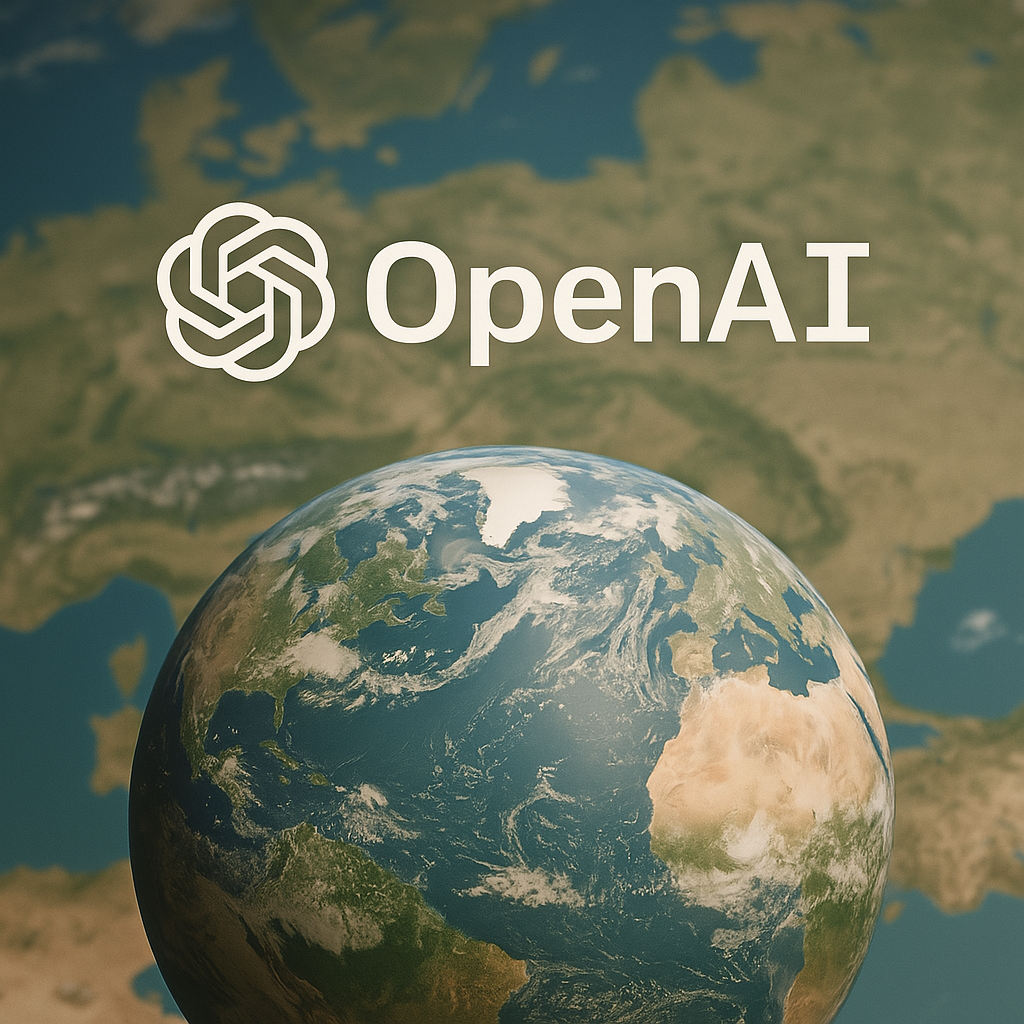In a move that underscores the transformative power of artificial intelligence, OpenAI has officially reached a valuation of $300 billion, surpassing even legacy energy giant Chevron. This monumental figure, fueled by a $40 billion investment from Japan’s SoftBank, highlights the growing economic impact of AI and marks a pivotal moment for the tech industry.
How OpenAI Got Here
OpenAI’s meteoric rise began with a simple yet profound mission: to ensure that artificial general intelligence benefits all of humanity. Over the past few years, the organization has not only delivered on its promise to create state-of-the-art AI tools like ChatGPT and DALL·E, but it’s also demonstrated the real-world value of integrating AI into everyday applications. From assisting creative professionals to enabling customer service automation, OpenAI’s innovations have proven indispensable across multiple industries.
This new valuation positions OpenAI as one of the most valuable private companies in the world. It also places them in direct competition with other tech giants, not just in the AI space but in the broader global market. With such a robust financial backing, OpenAI now has the resources to push boundaries even further, from improving the scale and reliability of its existing systems to developing entirely new AI-driven technologies.
What This Means for the Industry
This milestone is more than just a number—it’s a signal. Investors are increasingly recognizing the potential of AI not only to enhance existing processes but to redefine entire sectors. OpenAI’s success reflects a broader trend where cutting-edge research and rapid deployment of AI solutions are no longer just experimental; they’re becoming foundational to how we think about technological progress.
The $300 billion valuation also highlights a shift in economic priorities. The fact that a company rooted in artificial intelligence can now surpass traditional energy firms underscores a growing consensus that the future of innovation—and wealth generation—lies in the digital realm. This is about more than just AI tools; it’s about building an infrastructure for future growth, enabling industries to adapt to a world that is increasingly automated, interconnected, and driven by data.
What’s Next for OpenAI?
With this new level of investment, OpenAI is poised to expand its operations on a global scale. They now have the capacity to refine their algorithms, build more robust infrastructure, and explore entirely new applications of AI. This could mean advancements in areas like healthcare, where AI could revolutionize diagnostics and personalized treatment plans; logistics, where automated systems could improve efficiency and reduce waste; and education, where intelligent tutoring systems could make learning more accessible and effective.
OpenAI’s leadership in the field also raises important questions about governance and ethics. As the organization grows, it will need to navigate complex issues surrounding data privacy, algorithmic bias, and the societal impact of AI at scale. The stakes are higher than ever, and OpenAI’s choices could set a precedent for how future AI companies operate responsibly.
The Road Ahead
OpenAI’s $300 billion valuation is not just a milestone for the company; it’s a turning point for the entire technology landscape. This moment marks the transition from AI as a niche technology to AI as a foundational economic driver. It shows that artificial intelligence isn’t just influencing the future—it’s shaping it right now.
As we watch this space, one thing is clear: OpenAI’s trajectory is no longer just about building better AI models. It’s about defining what the next generation of global technology leaders will look like. And with $300 billion in backing, OpenAI is well-equipped to lead the charge.
